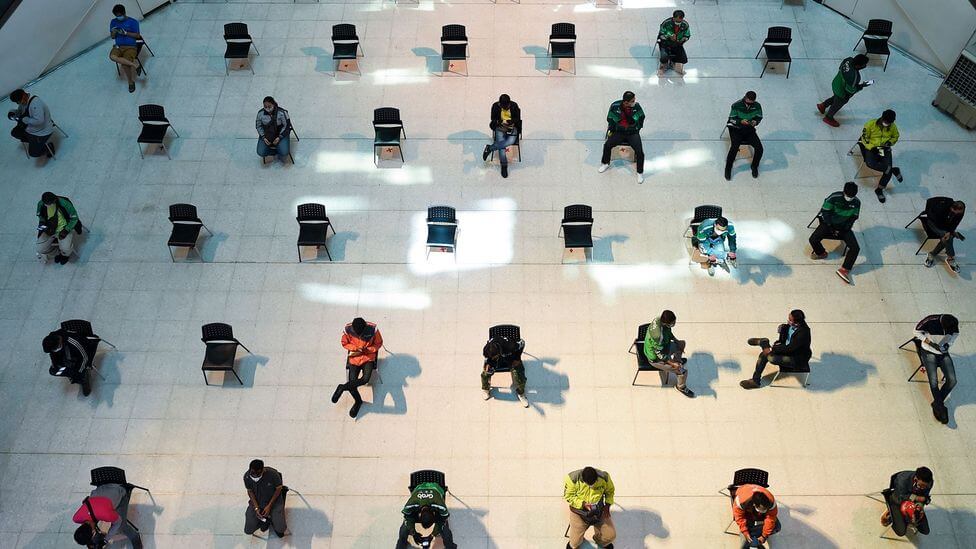The coronavirus pandemic has significantly reshaped the way we live and work, and one of the notable shifts is the rapid adoption of remote work. As the world battled the pandemic, companies across various industries quickly pivoted to remote work arrangements to ensure business continuity and protect their employees’ health. One of the areas that underwent a noticeable transformation during this period was wordle work – the practice of working together on word puzzles like Wordle, typically done in person. Now, as the pandemic abates and the world looks towards a post-COVID era, the future of wordle work is set to be reimagined.
Hybrid Wordle Workspaces
The future of wordle work will likely be a blend of in-person and remote participation. While remote work enabled teams to stay connected during lockdowns, many people have come to appreciate the value of face-to-face interactions, especially in collaborative activities like wordle. Hybrid wordle workspaces will provide the best of both worlds, allowing participants to join virtually from the comfort of their homes or offices while still accommodating those who prefer in-person gatherings.
Virtual Wordle Platforms
The pandemic accelerated the development and adoption of virtual wordle platforms that enable people to play word puzzles together online. These platforms offer real-time collaboration, where participants can interact and solve puzzles synchronously from anywhere in the world. Such platforms are likely to continue evolving, incorporating innovative features to enhance the wordle work experience and foster team camaraderie.
Increased Flexibility
Post-coronavirus, workplaces are expected to adopt a more flexible approach towards wordle work and other collaborative activities. This shift is a result of companies realizing that productivity can be maintained without strictly adhering to traditional office hours. As long as teams meet their objectives and deliver quality work, wordle work sessions may become more fluid, allowing participants to choose timings that suit their personal schedules best.
Global Wordle Collaboration
With the pandemic reshaping our perception of distance and connectivity, wordle work is poised to become more globalized. Virtual wordle platforms will enable individuals from different time zones and continents to collaborate effortlessly, bringing diverse perspectives and insights to word puzzles. This globalization of wordle work may enhance problem-solving capabilities and foster cultural exchanges among participants.
Gamification and Learning
Wordle work sessions might embrace elements of gamification, turning the solving of word puzzles into an enjoyable and engaging experience. Incorporating game-like mechanics such as rewards, leaderboards, and progress tracking can motivate participants and make wordle work more appealing. Moreover, some organizations may leverage word puzzles as a fun and effective way to enhance vocabulary, language skills, and cognitive abilities among their employees.
Balancing Social Interaction and Productivity
While remote work has proven to be effective, there is a growing acknowledgment of the importance of social interactions in the workplace. Wordle work can serve as a valuable opportunity for teams to bond, strengthen relationships, and foster a positive team culture. Striking the right balance between socializing and productivity will be crucial in the future of wordle work.
Conclusion
The coronavirus pandemic has reshaped various aspects of our lives, including the way we work and collaborate. Wordle work, once a predominantly in-person activity, has adapted to the changing circumstances by embracing remote collaboration through virtual platforms. As we move towards a post-COVID era, the future of wordle work looks promising, with a combination of in-person and remote participation, enhanced virtual platforms, increased flexibility, global collaboration, gamification, and a focus on both social interaction and productivity. Embracing these changes will ensure that wordle work remains a valuable and enjoyable activity, contributing to team cohesion and problem-solving capabilities in the workplace.





